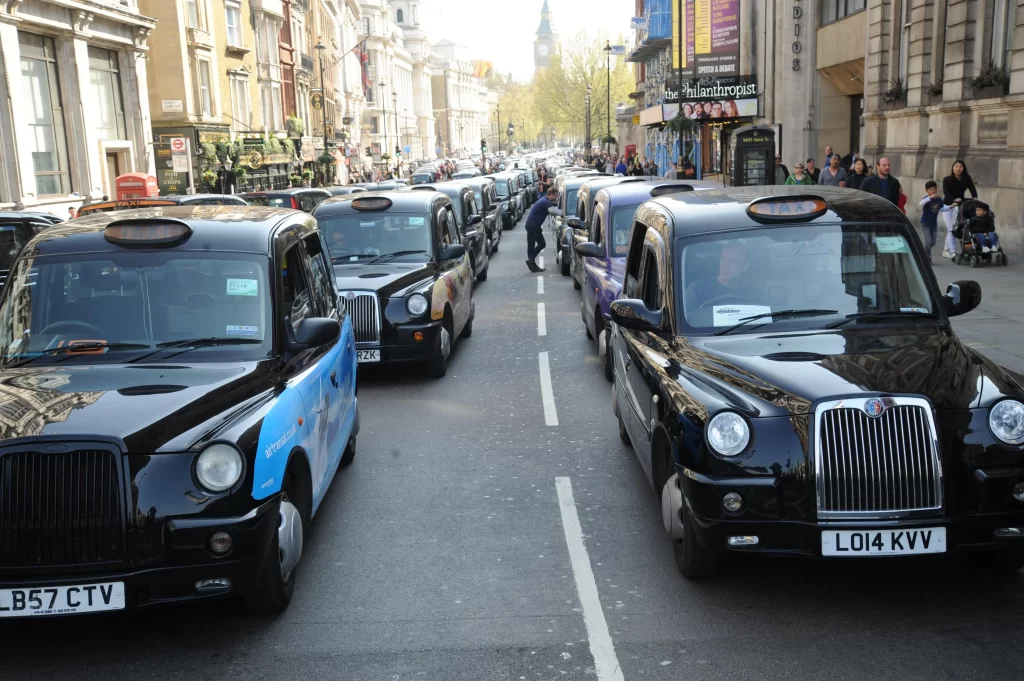It’s usual that Researchers / surveying people used to analyze a set of people to study on the thesis / any new project. Like how, a professor of cognitive neuroscience had chosen Taxi Driver’s of London to scrutinize their brains in hope of getting some answers against the ravages of a disease like Alzheimer’s.
Though, every country in the world has taxi/cab drivers, the reason for heading onto London’s taxi drivers seems interesting. The fact that taxi drivers in London have to complete one of the most difficult memorization tests in the world: a detailed exam called “the Knowledge” in which they must memorize some 26,000 streets in the city’s center and learn how to navigate from one location to another without the help of Google Maps or any other GPS device, attributes to the reason. The test can take three to four years to study for and complete. This enables them to enroute the shortest & fast way possible between pick-up and drop place.
Researchers from University College of London are thus looking onto the brains of cab drivers to learn more about how their memory skills and training may help to bolster the brain against the ravages of a disease like Alzheimer’s.
“London cabbies have remarkable brains,” said Hugo Spiers, a professor of cognitive neuroscience who is leading the study with several graduate students. “Specifically, their brains’ are larger in a region that shrinks early in Alzheimer’s disease — the hippocampus.”
Why Cab driver’s Brain helps the Study?
The research, called ‘Taxi Brains’, comprises of 30 cab drivers of London who have successfully completed the Knowledge test. The driver’s ability to reliably navigate various street routes and plan trips on the fly through traffic and varying road conditions depicts how cognitive their brains’ are. The hippocampus regions of taxi drivers’ brains – which play an important role in learning and memory – appear to grow larger the longer the drivers on the job, Spiers said, while the same region is known to shrink in people with Alzheimer’s disease.
“We don’t know much about how taxi drivers use their hippocampus during route planning,” said Spiers. “And how do they use other brain regions to solve the task of navigating 26,000 streets? Can we explain why they might be quick to plan out one route and take a while to think out another one? It’s something we need to know more about.”
The outcome of the study could lead to the development of diagnostics to detect dementia at earlier stages.
Thirty taxi drivers signed up for the research, which was to a period of 3 to 4 months, and said that they were happy to discover there was another way to use the memorization skills they’d acquired through the Knowledge. Each cabbie was paid $39 for participating in the study, and a picture of their brain. The test involves taking an MRI scan after proving their ability to plan routes through London.
Cab Driver’s Income in London
And if you ask, why just a Cab Driver in London, needs this kind of one of the difficult memorization tests in the world, the primary answer is to be structured in driving and finding the routes and the secondary becomes the income they earn.
Matt Newton, 44, who partook the study, told “I studied 12 hours a day, seven days a week for three and a half years,” to clear the Knowledge test. Earlier he worked as a network analyst for 20 years before he decided to switch careers and climb behind the wheels. “I actually enjoyed studying the Knowledge, but it was extremely difficult – most people give up,” he said.
Related Posts
Cabbies who complete the Knowledge earn in the range of $50,000 – $100,000 a year, depending on how many hours they drive. And that’s ₹37.25 Lakhs – ₹74.51 Lakhs / year, which is atleast 300% above than a normal Engineer graduate’s annual income in India.
Thinking of Being a Cabbie in London? 😅 Because, I thought too! Well then, years have to be paid!

